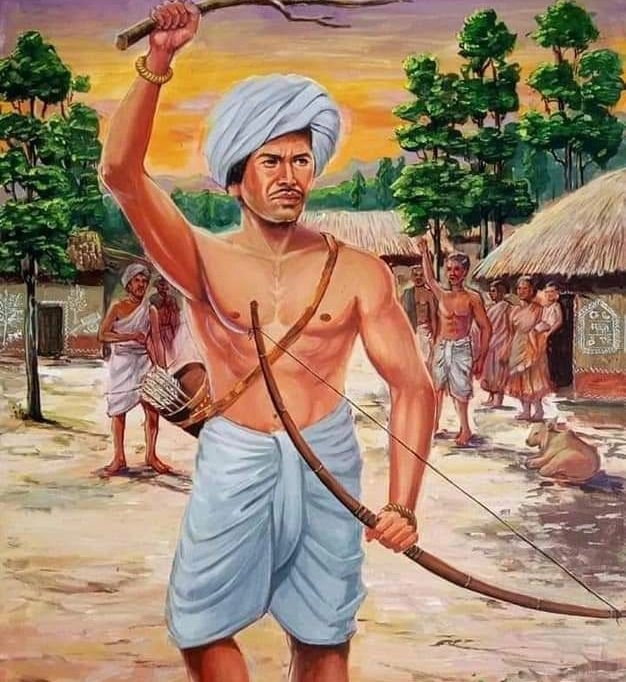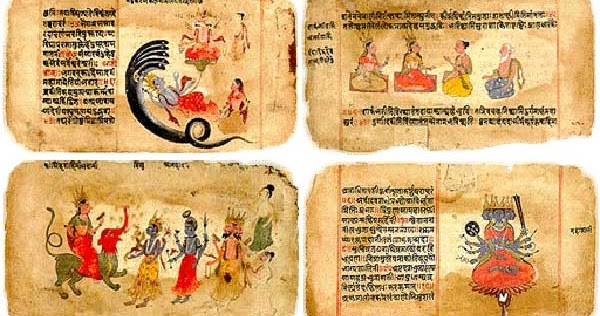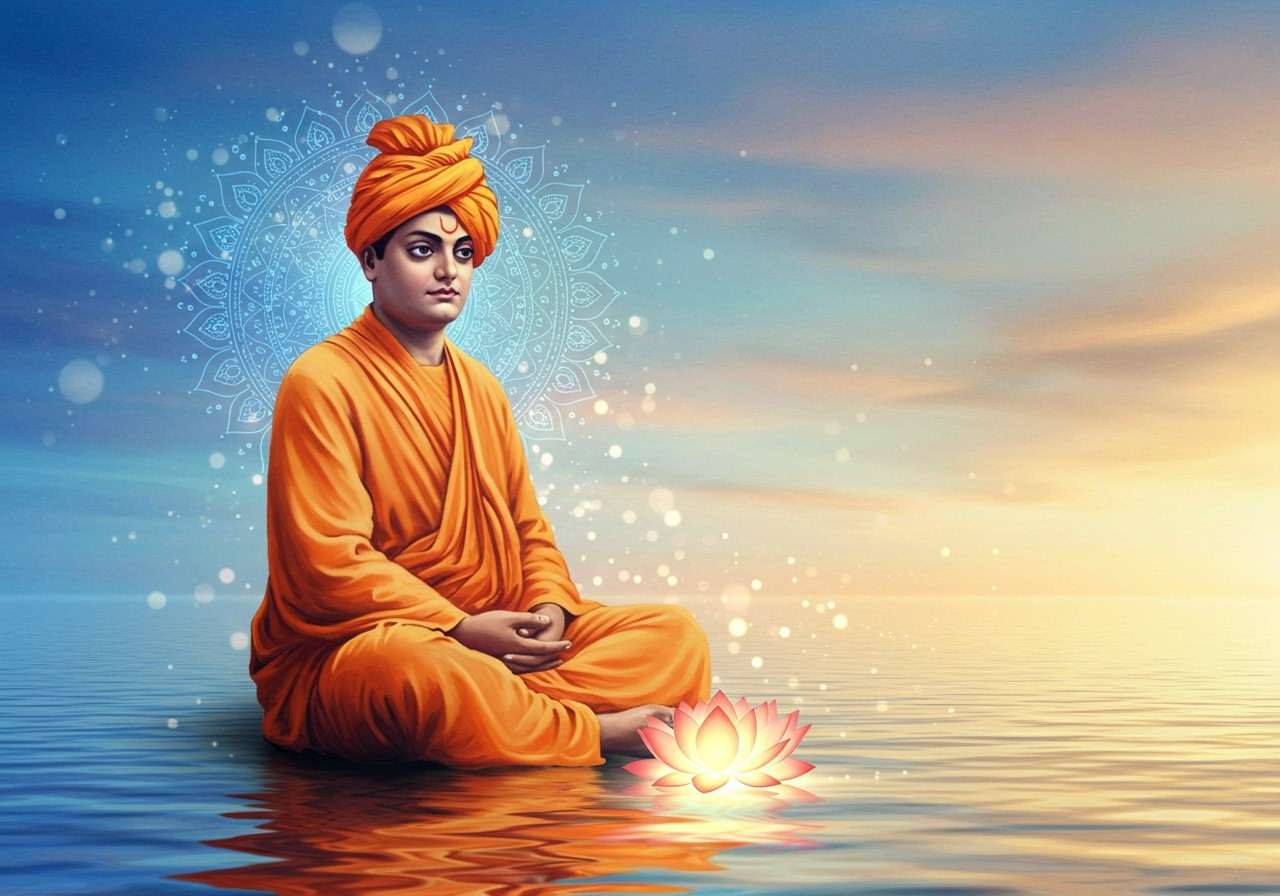By Dr. Bhupendra Kumar
For the preservation of India’s identity and cultural heritage, India’s tribes have consistently struggled. This struggle is evident from the invasion of Alexander to the terror brought by the British. The earth of India has turned red with the sacrifices of countless heroes who lived in the forests. One such great hero was Birsa Munda. His life was marked by extraordinary events, which made people regard him as exceptional, even worshiping him as a deity. Numerous stories about him continue to be shared in folklore. In the true sense, he was a people’s hero.
Born on November 15, 1875, in a forested region of Ranchi district, Jharkhand, Birsa belonged to the Munda tribe. The British initiated campaigns in this region in two ways: seizing forest resources and converting the tribal people to Christianity. Under the British missionaries’ campaign, his father, uncles, and the entire family converted to Christianity. Birsa Munda’s father, Sugna Munda, even became an aide to the missionaries. Birsa’s childhood was filled with hardships, and he spent it herding goats. Later, he received some education at the missionary school in Chaibasa. However, he could not bear the ridicule his tribal culture faced in these schools. In response, he began mocking the Christian preachers and their religion. When even punishments did not deter him, the missionaries expelled him from school.
Afterward, his life took a new turn. He immersed himself in understanding Sanatan Dharma and the truth of forest-dwelling societies. During this period, he met Swami Anand Pandey, who introduced him to the mysteries of Hinduism and characters from Hindu mythology. Among these, he was especially influenced by the figures from the Mahabharata and Lord Krishna. He devoted himself to helping the suffering, particularly the sick. During this time, several supernatural events occurred, leading people to view him as extraordinary and consider him a divine incarnation. There was a strong belief that even his touch could cure diseases. This reputation spread far and wide, greatly expanding his influence. People began coming from distant places to hear him speak. He gave sermons, inspiring people to be diligent. He seemed to launch a campaign to drive society away from superstition and laziness, urging them instead to work hard. He advised people to avoid violence and intoxicants. As a result, the number of people converting to Christianity started to decline, and those from the Munda tribe who had converted began returning to their traditional faith. This disturbed the missionaries, who sought help from the government. Consequently, British police, along with some pro-British landlords, began a campaign of repression and exploitation.
Birsa Munda called for a struggle against those who exploited society and farmers, urging people to resist both landlords and the police. Seeing this, the British government imposed many restrictions on him, even prohibiting him from gathering people. Birsa defied this, saying he was only teaching his people their own faith. The police tried to arrest him, but villagers gathered and freed him. This led the police to return in larger numbers, arresting most villagers along with Birsa. He was sentenced to two years in Hazaribagh Jail, later released with a warning to stop his activities.
But Birsa was not one to give up. He had a purpose to fulfill. After his release, he formed two groups among his followers: one for religious propagation and the other for political awareness. Many young people joined. In response, the government issued another warrant for his arrest, but Birsa evaded capture. This time, his movement aimed at liberation from British exploitation. He declared that the British should cease their control over forests and interference in the people’s lives. He wanted to dismantle the European missionary system and restore the forest culture’s original essence. His struggle intensified, and the police were unable to catch him, leading them to capture some of his associates, inciting anger among the tribals. To free their comrades, Birsa’s group attacked police stations with arrows on December 24, 1899, setting fire to them after freeing their people. The British took this attack as a challenge, deployed their army, and surrounded the area. A fierce battle ensued, but arrows could not match bullets, resulting in heavy losses among the forest dwellers. Birsa managed to evade capture even then. Ultimately, the British police resorted to treachery by bribing and intimidating informants, which led to his arrest.
Birsa Munda endured brutal torture in jail, and on June 9, 1900, he sacrificed his life there. Some believe he was poisoned in prison. Although his body left this world, his memory lives on in folk life even today. He remains alive in songs, literature, and the hearts of people, revered as a deity.
Birsa Munda’s memorial is located near Distillery Bridge in Kokar, Ranchi, where his statue also stands. In his memory, the Birsa Munda Central Jail and Birsa Munda International Airport are also named after him in Ranchi. On November 10, 2021, the Government of India declared his birth anniversary, November 15, as Tribal Pride Day, celebrated nationwide with honor.






